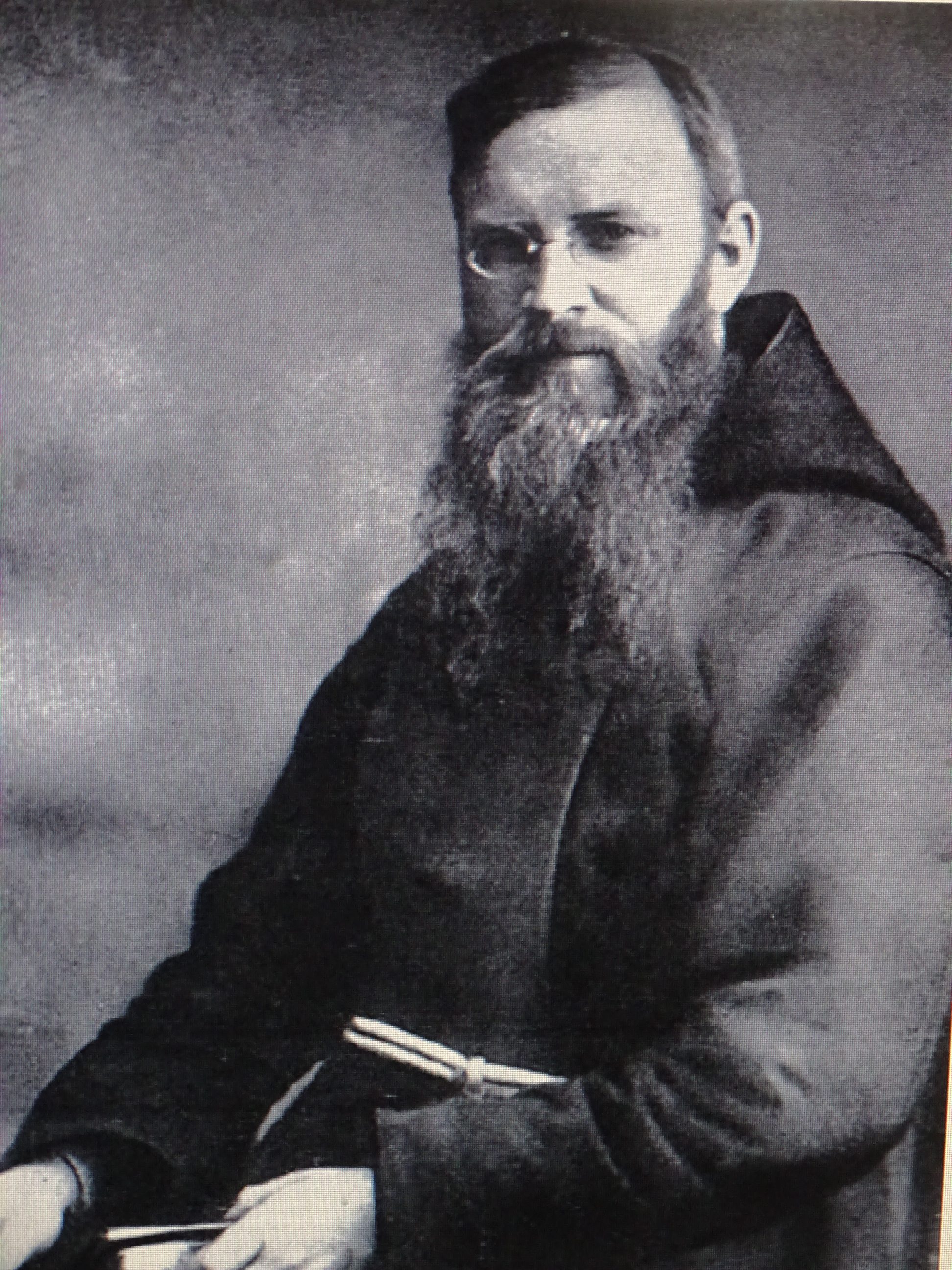
Kieran’s Our City, Our Town Article,
Cork Independent, 14 January 2021
Journeys to a Truce, 1921: The Trial of Fr Dominic
Following the sad events of Terence MacSwiney’s funeral on 31 October 1920, the Lord Mayor’s Capuchin chaplain Fr Dominic O’Connor received death threats in Cork. For his own safety, the Father Provincial sent him to Kilkenny and then to Dublin. Fr Dominic arrived in Dublin in November 1920. He rarely left the house and during part of that time he also became unwell.
On 16 December 1920, a party of military raided the Capuchin Franciscan Monastery situated at Church street, Dublin. Fr Aloysius in his Bureau of Military History witness statement (WS207) records that the raid on the Monastery took place about 10.20pm on the night of 16 December and continued till close on 4am on 17 December. There were circa 300 soldiers engaged in the operation and some sixty fully armed men occupied the Monastery. The soldiers got over the railings, gates and walls — armoured cars and care with powerful searchlights patrolled the streets adjoining. All apartments of the house were minutely searched. The church, confessionals and sacristy were all visited and presses and desks within opened. Books, documents, miscellaneous and private letters were thoroughly examined. Beds and even waste paper baskets were examined.
Fathers Dominic and Albert were placed under arrest and given about a half an hour to prepare, being under guard during that time. At about 1.30am they were taken to Dublin Castle under armed escort. Father Albert was released after a few hours and was home by 4.30am but Father Dominic was detained. On 23 December he was removed after curfew hours in an armoured car to the Old Prison, Kilmainham.
Father Dominic remained in solitary confinement. Fr Aloysius succeeded in obtaining permits to visit him and to converse with him daily in presence of a guard. He arranged to provide him, during the period of his detention prior to his trial, with some extras in food and with necessary clothing. But Fr Dominic had to conform to the ordinary prison diet and to sleep on the floor with merely a small mattress under him. He was to be kept within his cell under lock and key except for an hour’s exercise, morning and evening. After the first week he could celebrate Mass nearly every morning.
No notification of the charge was made until late on Wednesday 5 January 1921. Fr Dominic had no opportunity of consulting a solicitor until 6 January whilst the court martial was fixed for 10.30am on 8 January. The lack of a forthcoming charge and that he was a priest meant that the detention of Fr Dominic became a large media story, not alone in Ireland, but in many other countries.
On 9 January 1921, Fr Dominic, was charged before a Field General Court Martial at Kilmainham Courthouse. The Cork Examiner of the time, through their reporter, records that at Kilmainham Court, though the proceedings were open to the public, the attendance was of limited nature. In the precincts of the building several soldiers were on duty, and every person seeking admission to the courthouse was carefully searched. Prior to the opening of the court Fr Dominic was detained by four armed soldiers in a passage leading to the court.
For security reasons, when the court assembled the press representatives and public were requested to retire and the order was carried out. Fr Dominic was then accompanied by his solicitor as they entered the space. After a short time, the press and public were again admitted, and the proceedings commenced. The Court consisted of three military officers assisted by a Judge Advocate or legal adviser.
Fr Dominic was charged on two counts – that he was making a letter statement in a house in Brixton London “to cause disaffection to his Majesty” and secondly that whilst in Dublin he had in possession a “memorandum tablet” or notebook containing statements – the publication of which would be likely “to cause disaffection to his Majesty”.
Fr Dominic’s solicitor Mr O’Connor noted that he was instructed not to appear on Fr Dominic’s behalf. Fr Dominic denied the jurisdiction of the court to try him. At that stage Mr O’Connor then left the court room.
Father Dominic then took the stand and refused to recognise the Court, giving as his reasons that he was an ecclesiastic who could only be tried by an ecclesiastical court, and as an Irishman he objected to the court not being constituted “by the will of his fellow-countrymen”. He critiqued that in the first charge it was only random words on a letter the prosecution had and in the second charge, the notebook held the statements of Terence MacSwiney who was in the later stages of his 74-day Hunger Strike. The trial was detailed and still ended with the charges against Fr Dominic.
At the conclusion of the evidence the Court closed, and Father Dominic remained in custody awaiting the proclamation of his sentence, which was not announced to him until 29 January. The sentence was five years’ penal servitude, with two remitted, i.e. three years’ penal servitude.
On 31 January 1921 Father Dominic was led handcuffed under military escort to a boat at Dún Laoghaire and in the same manner from Holyhead to London. In the prison at Wormwood Scrubbs his clerical attire was taken from him and he was garbed in ordinary criminal convict clothes, and handcuffed. He was taken to Parkhurst Convict Prison in the Isle of Wight. There he was bound by the conventional convict regime regarding dress, diet, and labour (though his hair and beard were not cut).
Fr Dominic was released in a general amnesty in January 1922 pursuant to ratification by Dáil Éireann of the Anglo–Irish treaty.
Missed one of the 51 columns last year, check out the indices at Kieran’s heritage website, www.corkheritage.ie
Caption:
1082a. Fr Dominic O’Connor, c.1920 (source: Irish Capuchin Provincial Archive)